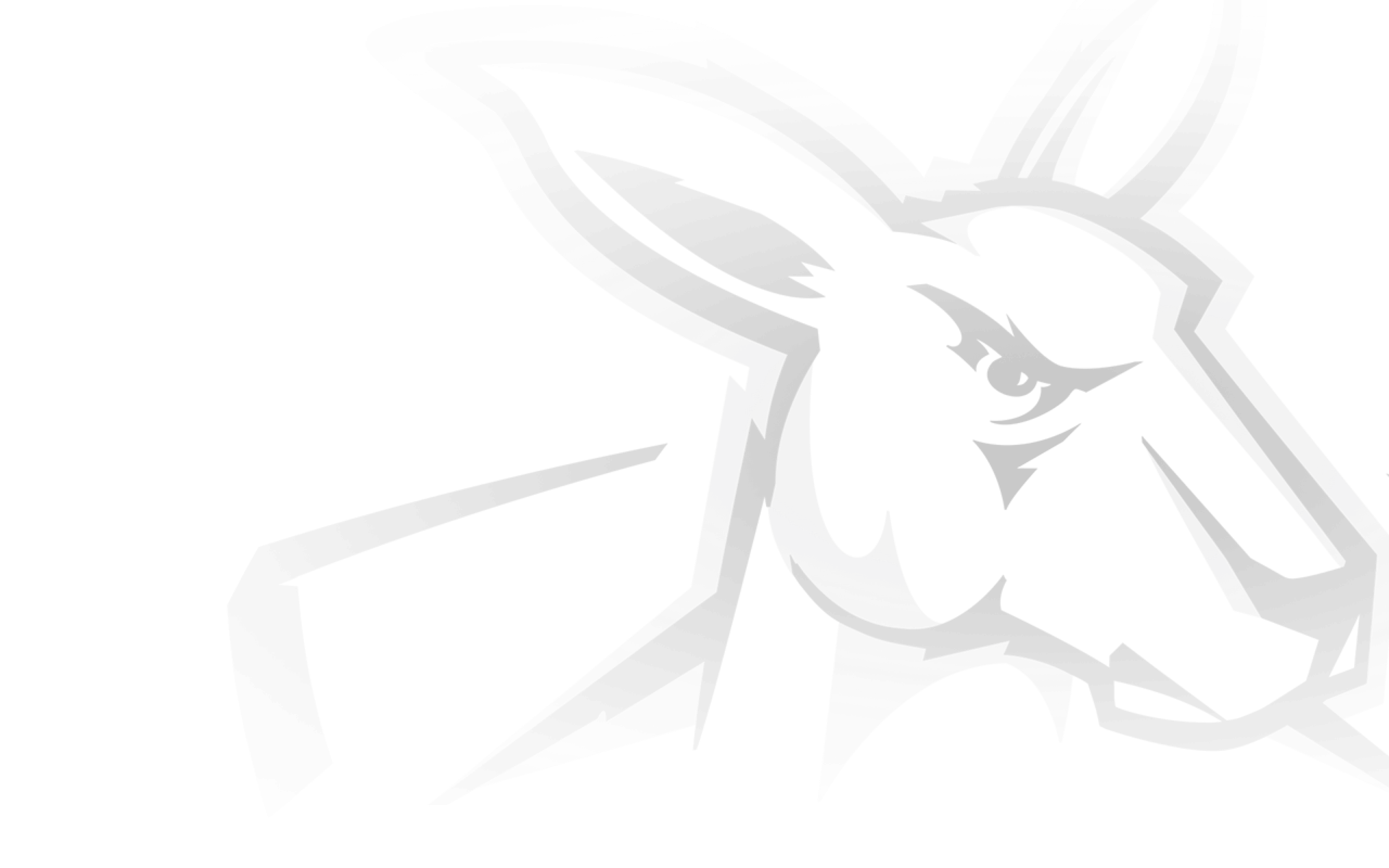Emma Kearney knows only too well that inequality and discrimination can come in various forms, not limited to gender or race. It's something the North Melbourne Tasmanian Kangaroos’ captain, and employee of North Melbourne’s community arm, The Huddle, experienced from a young age.
“Being a female athlete has had its challenges… I actually hated AFL because I didn’t have the same opportunities that my brother had,” Kearney, told Life Matters on Friday.
“Being discriminated against because of my gender was really hard for me to take because I loved the game so much.”
Kearney knows such experiences can cause antisocial behaviour, the feeling of isolation and lack of confidence.
A passionate advocate for the empowerment of young people, Kearney’s role at North Melbourne extends off the field where she has been Head of Education and Career at The Huddle for three years.
“Language such as, ‘man up’ or ‘girlie’ are still really common terms that people are using and it is that toxic masculinity that is quite damaging,” she said.
“Back in my early 20s and teenage years I probably would not have had the confidence to stand up, so it is really powerful when you have allies.
“It’s not just a person of colour standing up to racism or a woman standing up to sexism, it is really powerful when you’ve got those allies that can make a stand and be a voice for those who go unheard.”
Born out of the role and value of sport, The Huddle aims to empower youth and break down social barriers through education, recreation and employment.
In July 2018, The Huddle launched ‘Be Brave, Speak Up’ - a campaign designed to stamp our racism in both sport and the wider community. The influential video highlights the power of a young voice and its ability to be the vehicle for change.
It featured a host of sporting athletes from different codes, including Kearney.
“I’ve never been discriminated against based on what I look like,so it was pretty heart-wrenching… but it is really powerful that we hear these young voices in that video,” Kearney said.
Further inspiring her work with The Huddle, Kearney aims to bring a sense of inclusion for everyone.
“The Huddle has been around now for ten years as the community arm of the North Melbourne Football Club and we leverage the power of sport to engage young people in the North Melbourne, Wyndham, and Tasmanian communities,” Kearney said.
“We work with a range of different cultures and have engaged over 85,000 young people over 165 different cultures.
“I think we all know that in Australia, sport is such a big part of our culture and can play a really powerful role in that it doesn’t speak any languages.
“Our programs aren’t just related to sport, they are a big part of it, but we also offer educational support in schools, we do after-school tutoring programs, we’ve got programs for women only as well.
“We’ve got a whole range of programs to try and engage young people in sport and to create a socially cohesive environment is one of our main aims.
“Being able to engage these young people through sport is giving them a greater sense of belonging not just in a sporting sense but in a community sense so they are able to feel a lot more valued and feel like they can belong.”
Former North Melbourne player and math tutor for The Huddle, Ed Vickers-Willis, spoke of The Huddle’s influence.
“I was really lucky coming to North Melbourne where there were some great community leaders there at the time… and the amazing staff at The Huddle, I think it really permeated the club’s culture,” he said.
“At The Huddle, we can see just how many people are united from multicultural backgrounds and that set the standard.
“The idea behind a lot of The Huddle’s programs is that we use our position as footballers to influence these kids in a way.
“We can share our experiences with resilience and leadership in terms of being footballers and that is what the programs are good at.
“You get young kids in the community and through football, through sport, we are able to articulate to them how they can be more resilient as a student, a friend, how they are able to lead in their community by improving their personal leadership skills.”


